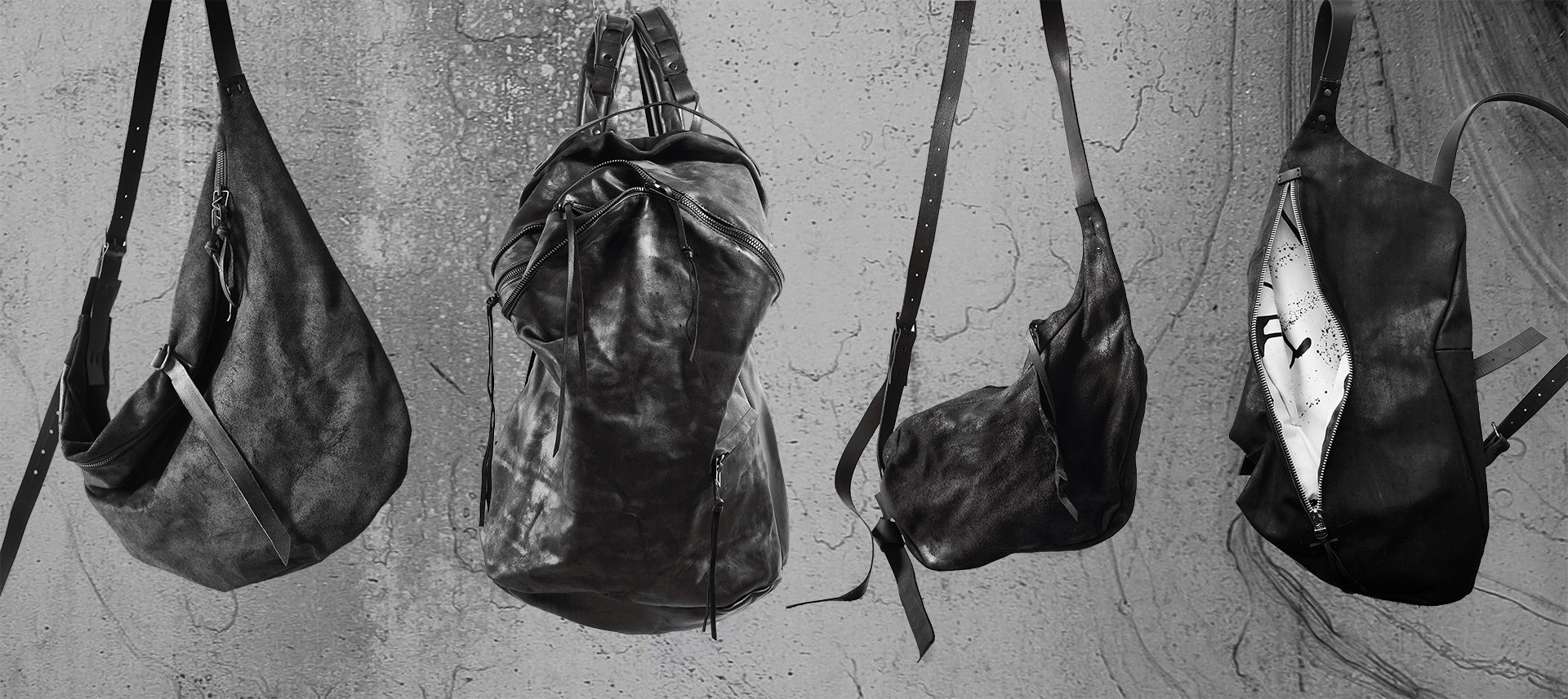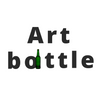YTN No. 7: A brand of leather accessories built on in-house discourse and love
Author: Olesya Morozova

When launching her brand YTN No. 7, from the very beginning Natalia Vtyurina did not push on to follow the ubiquitous laws of the fashion industry but committed to her intuition and appreciation for her business. Even seven years later, despite the commercial success and recognition of the brand (mainly abroad), the designer develops every piece personally and conveys the value of author’s manual labor.
The path of YTN No. 7 is, on one hand, a classic story of favorite métier becoming a full-fledged business project. Hobby monetization and continuous expansion, however, have never been the priority for Natalia Vtyurina, which in many ways has defined brand success and recognition. Today, the designer creates leather accessories that she herself attributes to the “premium avant-garde” segment: purses and knapsacks, belts and wallets, and, since recently, even home decorations. The articles are united by their vast identity: each of them is made manually as limited issue.
Fashion brand as a means of creative actualization
The history of YTN No. 7 brand started some eight years ago: this is when Natalia Vtyurina created her first leather knapsack, the design of which became the basis for the future brand product range. The designer has an architectural background and experience as a photographer, but, according to Natalia, at some point she decided to look for new ways to fulfill her potential in creative work. She found her outlet in manual labor: the designer recalls that from the very beginning she enjoyed to design, to search for the balance in the forms and materials thus developing a finished product and watching the outcome of her work.

Project launch did not correspond to the common understanding: while making the articles for herself and her friends and relatives, Natalia was far from monetizing her creativity. The designer had no idea about how the fashion industry works but was confident in the identity of her products.
The desire to create and to express herself was so bit that I just started doing what I am good at, and to learn in the process.
Conquering foreign markets
Strangely enough, while building the brand, Natalia Vtyurina focused mainly on the foreign market: rampant development of the project in Russia started after the brand was discovered in Europe and Asia. The designer tells that the success was to the large extent a result of her ability to build connections with the buyers and to present her brand, as well as graciousness and empathy. Even now, Natalia runs the project personally, without a large team: for instance, the brand got its brand manager only last year but the designer perceives them as an assistant.

An important step in development of YTN No. 7 became the participation in fashion weeks. Natalia Vtyurina visited Paris as a new designer interested in presenting her articles to the world public. Since 2017, she took part in the main international fashion event — Cube Showroom — four times.

Natalia Vtyurina
designer, founder of YTN No. 7 brand
Participation in the Paris fashion week itself does not bring fame or major orders to the designer. It takes preparation to communicating with buyers: first, it is needed to make them interested in your product, while the introduction and quality assessment occur in Paris. It is desirable to take part in the event more than once thus demonstrating that your brand is not a small-timer and that it will not withdraw from the market before the first collection is sold.
Any designer may personally contact showrooms and present their articles there. I enjoy learning and getting to know the world, and the Paris Fashion Week in this regard is, of course, a source of inspiration, a chance to meet other designers and to experience this world in a single place.
Leather as a basis for experiments
YTN No. 7 brand accessories are made of leather: Natalia prefers it for its unique scent, plasticity and natural texture. The designer views the material as a canvas, a base for future experiments, which are many in Natalia’s creative work.
The main difficulty in working leather is that once a perfect make is found I am worried that I may fail to remake the sample. However, all limitations only result in enthusiasm for future creative work and further search.

Duplicating the brand items is next to impossible: this is due to the natural leather texture, inflections and manual dyeing. In processing the material, Natalia continuously tries new approaches, sometimes remaking a regular leather piece into something completely different. According to the designer, it is her education in architecture that became the basis for learning about the proportions, combining the best materials and optimally shaping the articles.
Value of manual labor and brand development
Since the very foundation of the brand, all YTN No. 7 items are made manually by Natalia and a small team of hers. It is this, according to the designer, what defines the flair and allure of a handmade item: that is why she does not crave for expansion or unifying the manufacture processes. The brand product range includes some more classic models, the making of which no longer require the participation of the designer: this is an original base migrating from season to season. Regardless of whether an article is produced by Natalia or her assistant, each piece is finished by the designer and attached a subscription label: it contains the item number, material, year of manufacture and serial number, as well as author’s signature.

Brand product range enhances gradually and it is based on the in-house discourse of the designer and not on the laws of the fashion industry. Creating the accessories for Natalia is primarily the chance not to adjust to a certain individual and to improve the same model indefinitely.
The brand has its fans, who buy the initial items right from the atelier. They see the value of the original article, although it may contain some irregularities but has its special vibe.
In addition to accessories, Natalia started to create home decorations. This experience allowed the designer to shift away from the mainstream and work with the new material: flax. The product range is also built on love: for instance, this is how the warm bed quilt made of black flax with hand-made stitches and leather finish appeared. More refined pieces were inspired by childhood memories of dowry left by her grandmothers and great grandmothers: these are rough natural materials with fine hand embroidery and braiding.
The designer plans to release a range of home clothes made of flax, the samples of which are currently being developed. In addition, Natalia plans to add the storage product line to the range that will bring some aesthetics to the day-to-day life.
The uniqueness of YTN No. 7 brand lies in the personal history. Brand articles can be attributed to “premium avant-garde”: such items have no seasonality and only become more valuable over time. Looking at them always allows to trace the changes in their author over the years, to see how the structure becomes more complicated, how some elements come and go. According to the designer, avant-garde for her is a concept behind the human and their inner world. It is that what Natalia evinces through her design and author’s vision.
All images: YTN No. 7.
